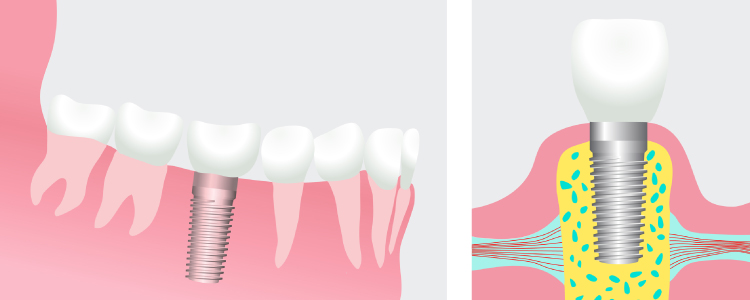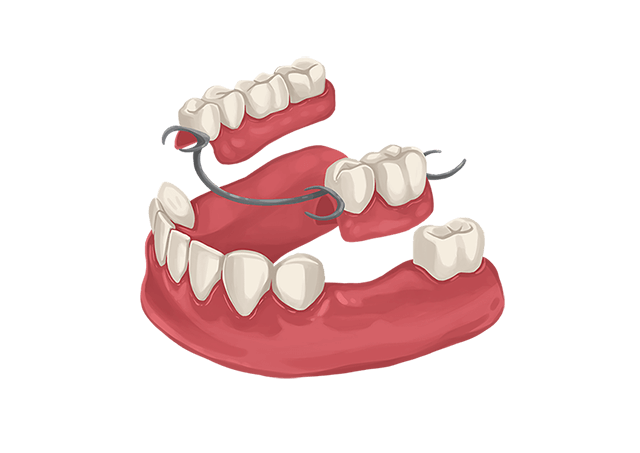
Cosmetic dentistry is more than just looking better. It can also impact your oral health and improve your general well-being. Let’s go over some typical cosmetic dentistry treatments and talk about how they can improve your oral health.
Porcelain Veneers
Veneers are thin ceramic layers that make custom changes to your teeth. Dental veneers are an excellent option for internally stained teeth, minor alignment issues, and chipped teeth. Porcelain veneers do more than give you a dazzling smile. They often save your teeth from further problems down the road. For example, not fixing a chipped tooth can lead to problems like more cracks in the enamel or the potential for a bacterial infection within the tooth. Both of these issues can lead to more costly and extensive repairs.
Teeth Whitening
Stained teeth are a common dental problem. Food and drink particles, smoking, natural aging, or certain medications are reasons for teeth staining. Teeth whitening can lift the stains from your teeth and give you a brighter smile. Professional teeth whitening is superior to store-bought whiteners. A custom-tray whitening treatment from Dr. Ghimire at Paris Mountain Dental is safer for your mouth and more likely to create better results. When you’re proud of your smile, you are more vigilant about taking care of your teeth. This includes implementing a dental hygiene routine that includes brushing your teeth twice a day and regularly flossing.
Clear Aligner Therapy
Clear Aligner Therapy can give you a straighter smile that will leave you a healthier person. All of this while avoiding the appearance of traditional metal braces. Straighter teeth can have a considerable impact on your oral health. They are easier to clean and less likely to get broken. Aligned teeth also improve your bite and prevent excessive wear on your teeth. These factors make you less likely to develop jaw pain, gum disease, cavities, or other oral infections.
Better Oral Health in Travelers Rest, SC
Paris Mountain Dental in Travelers Rest, SC offers several cosmetic dentistry procedures, including veneers, professional teeth whitening, and clear aligner therapy. They all can help improve your oral health and improve your appearance at the same time. Please schedule an appointment with us to discuss your situation.














